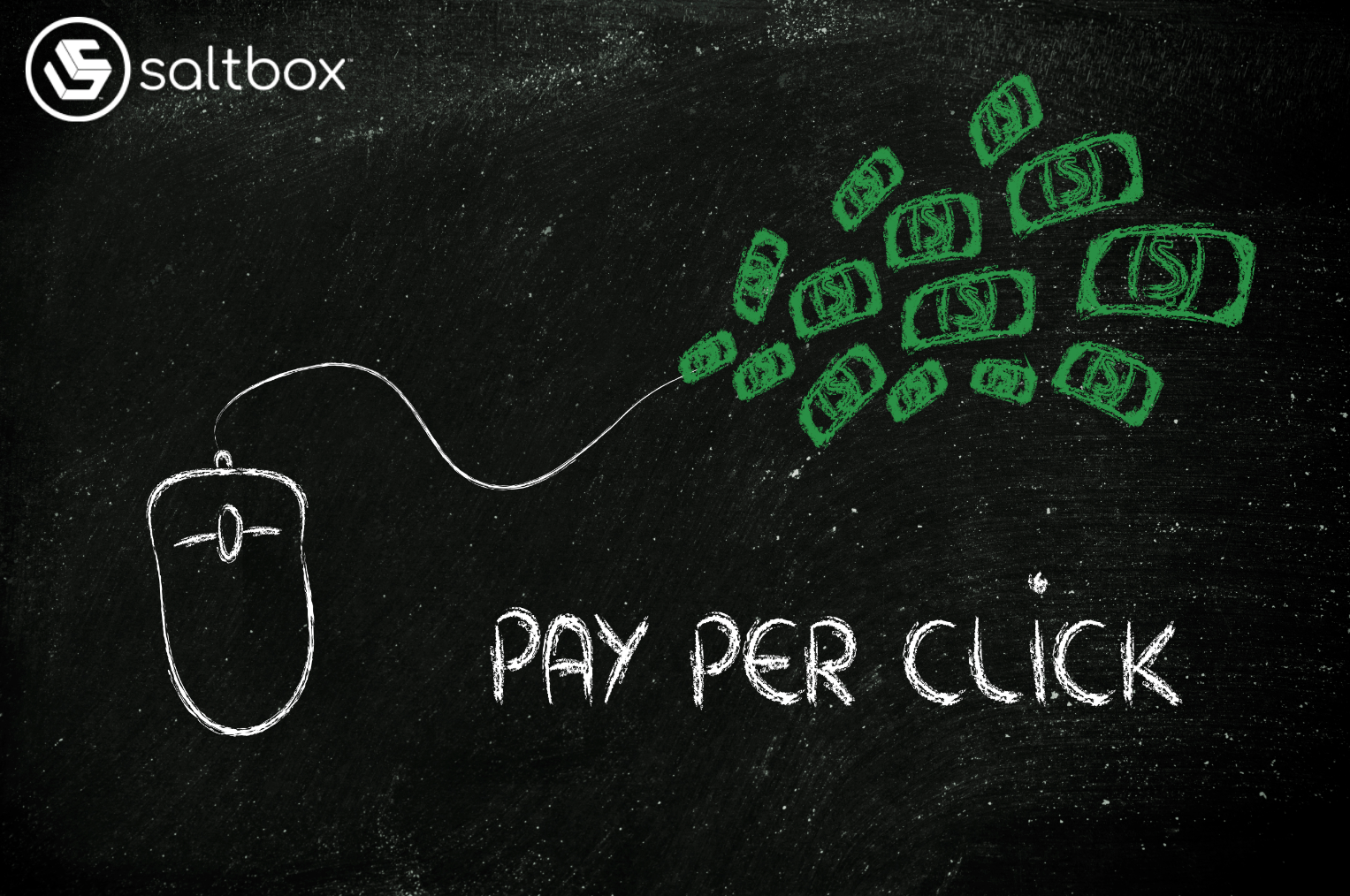
Understanding Cost Per Click (CPC) in Online Advertising
Published on:2025-01-16
byMichael Hughes, PPC Analyst @ Saltbox Solutions
Cost Per Click (CPC) is a key metric in online advertising campaigns, particularly in Pay-Per-Click (PPC) marketing. CPC refers to the amount an advertiser pays each time someone clicks on their ad. It directly impacts how many clicks an advertiser can afford within their budget, influencing the campaign's reach and potential success.
While more clicks generally increase the likelihood of success, it’s not just about quantity. The quality of clicks matters—specifically, attracting users with the right search intent is critical for achieving your campaign goals.
Factors That Affect CPC
Several factors determine CPC, including:
Keyword Competitiveness: Popular keywords with high demand cost more.
Quality Score: A measure of your ad's relevance and performance.
Bid Amount: How much you're willing to pay for a click.
Ad Rank: The position of your ad on the search results page.
Location Targeting: Different regions may have varying CPC rates.
Because so many elements influence CPC, understanding why it’s high or low can be complex. For example, simply adjusting your location settings can significantly affect your CPC. Other factors, like Quality Score and Ad Rank, may fluctuate naturally over time, making them harder to pinpoint.
Why Monitoring CPC Matters
Tracking CPC helps advertisers:
Estimate the number of clicks their budget can generate.
Identify trends or issues within campaigns.
Create realistic expectations for campaign results.
Regularly reviewing and optimizing your CPC is essential for maximizing the return on investment (ROI) from PPC campaigns. By staying on top of these metrics, you can ensure your advertising efforts deliver the best possible outcomes.

Michael Hughes
PPC Analyst, Saltbox Solutions

